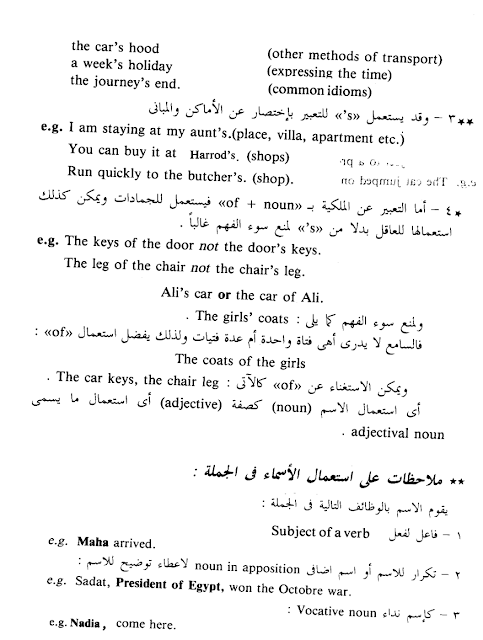Question forms
Question
forms
We make questions by:
1: moving an auxiliary to the front of the
clause:
|
Everybody is watching
|
>>
|
Is everybody
watching?
|
|
They had worked hard
|
>>
|
Had they
worked hard?
|
|
He's finished work
|
>>
|
Has he
finished work?
|
|
Everybody had been working hard
|
>>
|
Had everybody
been working hard?
|
|
He has been singing
|
>>
|
Has he been
singing?
|
|
English is spoken all over the world
|
>>
|
Is English
spoken all over the world?
|
|
The windows have been cleaned
|
>>
|
Have the
windows been cleaned?
|
2: … or by moving a modal to the front of the clause:
|
They will come
|
>>
|
Will they
come?
|
|
He might come
|
>>
|
Might he come?
|
|
They will have arrived by now
|
>>
|
Will they
have arrived by now?
|
|
She would have been listening
|
>>
|
Would she have
been listening?
|
|
The work will be finished soon
|
>>
|
Will the work
be finished soon?
|
|
They might have been invited to the party
|
>>
|
Might they
have been invited to the party?
|
3: The present simple and the past simple have no auxiliary. We make questions by adding the auxiliary do/does for the present simple or did for the past simple:
|
They live here
|
>>
|
Do they
live here?
|
|
John lives here
|
>>
|
Does John
live here?
|
|
Everybody laughed
|
>>
|
Did everybody
laugh?
|
|
finished |
themselves.
hard. work. |
A verb with "have" and the past participle expresses perfect aspect. A verb with have/has expresses present perfect, and a verb with had expresses past perfect.
4) an auxiliary verb ("have" +
"been") and a main verb in the –ing form:
|
|
Auxiliary "have" + "been"
|
Verb (-ing)
|
|
|
Everybody
He |
has been
had been |
working
singing |
hard
|
A verb with "have" and "been" and
the present participle expresses perfect continuous aspect. A
verb with have/has expresses present perfect continuous, and a
verb with had expresses past perfect continuous.
5) a modal verb (can, could, may, might, must,
shall, should, will, would) and a main verb:
|
|
Modal Verb
|
Main verb
|
|
They
He |
will
might |
come.
come. |
6) We can use modal verbs with the auxiliaries
"be", "have", and "have been":
|
|
Modal
|
Auxiliary
|
Verb
|
|
They
He She |
will
might must |
be
have have been |
listening
arrived listening |

Comments
Post a Comment